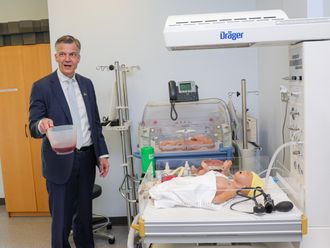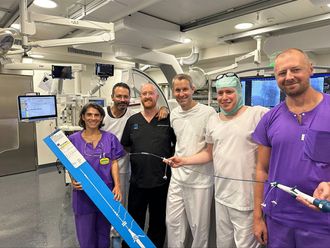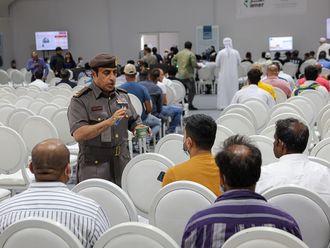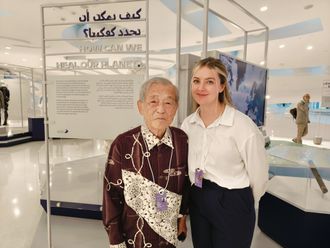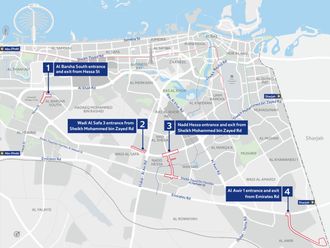Al Ain: Scientists from across the world were yesterday asked to develop more effective strategies to deal with global health issues as no national asset has greater value than a healthy and educated population.
The world has been facing several health problems demanding collective action, said Shaikh Nahyan Bin Mubarak Al Nahyan, Minister of Higher Education and Scientific Research.
"These issues can, and often do, have an enormous impact upon world economic development and political stability," he said in his opening remarks at the Global Health and the UAE: Asia-Middle East Connections conference at the UAE University (UAEU).
Shaikh Nahyan said health problems have extended to the most remote corners of the earth and health systems in many countries are ill-equipped to deal with them. People already suffering from malnutrition and poverty are getting most severely affected by the global health issues, he said.
The five-day conference, organised by the UAEU, has attracted some 60 scientists, health experts, and researchers from across the world.
The topics identified for discussion at the conference, the minister said, are key to understanding and addressing the global health issues. "Several of the topics are in need of urgent action in the UAE and the Gulf," he added.
Talking about the medical development, he said, great advances have been made over the last 100 years than in all of recorded human history. "But so much remains to be done as the boundaries of public health have become blurred, extending into other sectors that influence the quality of life for our global citizens," he said.
Global health, he said, is concerned with worldwide improvement of health, including protection against the spread of diseases across national and continental boundaries. He said rapid urbanisation, environmental mismanagement, climatic changes, and the way food is produced, traded, and consumed, are producing the health threats."
Aenda: Meeting to stress policy
The participants of the Global Health and the UAE: Asia-Middle East Connections conference will refine the agenda for scientific research and policy on 21st century global health from a UAE, Middle East, and Asian perspective — explaining priorities for governments, scholars, clinical providers and families worldwide. The conference is being held in collaboration with Yale University, the University of California, American University of Beirut, the Institute for the Humanities and Social Sciences at the University of Hong Kong, and Unifob Global at the University of Bergen, Norway. The focus on first day was on lifestyle diseases such as diabetes, stroke, and cancer.


